Central Asia, a region known for its rich cultural history and natural beauty, is witnessing a significant shift towards environmental, social, and governance (ESG) investments. This movement towards sustainable development is being driven by a combination of global trends, policy initiatives, and strategic investments.
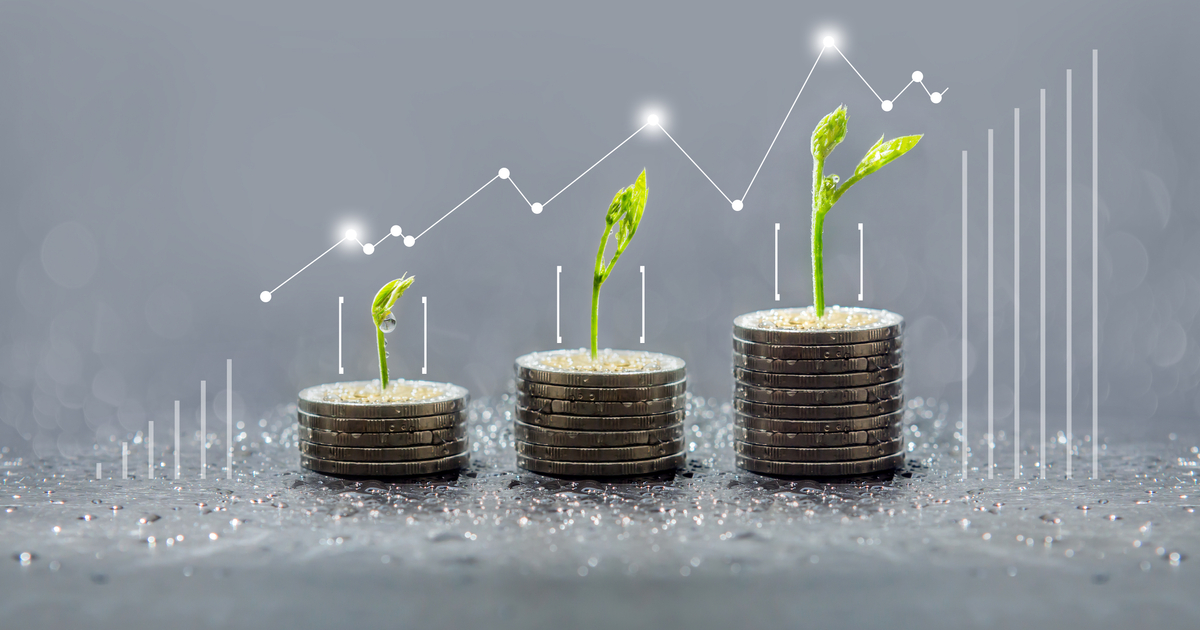
The Rise of ESG Investments
The surge in ESG investments in Central Asia is marked by notable initiatives and partnerships. Key among these is the cooperation between the International Finance Corporation (IFC) and the Association of Microfinance Organizations of Kyrgyzstan (AMFO), focusing on enhancing ESG capacities in the region's microfinance sector. Wiebke Schloemer, IFC's Director for Türkiye and Central Asia, described this as a pivotal step towards sustainable development.
"This cooperation is a significant step towards sustainable development and responsible finance in the Kyrgyz Republic and across Central Asia. Enhancing ESG practices is not just an ethical choice, it will help boost the competitiveness of the region's microfinance sector," Wiebke Schloemer.
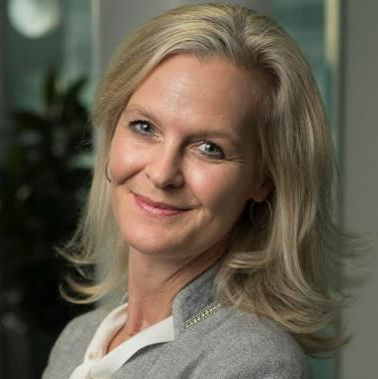
Bayarsaikhan Dembereldash, Chairman of Mongolia's Financial Regulatory Commission, emphasized the country's commitment to green growth through developing green finance regulations and policies.
"Sustainability is a priority area for Mongolia. This cooperation with IFC will support the government’s initiatives in green growth by developing regulations and policies to create a market for green finance while identifying new opportunities for climate-friendly investments," Bayarsaikhan Dembereldash.

Gaukhar Buribayeva, CEO of Kazakhstan's Damu Fund, highlighted the significance of green bonds in implementing green financing strategies.
"The listing of green bonds on the AIX is an important step of Damu Fund in the implementation of the strategy of green financing and support for micro, small and medium-sized businesses," Gaukhar Buribayeva.
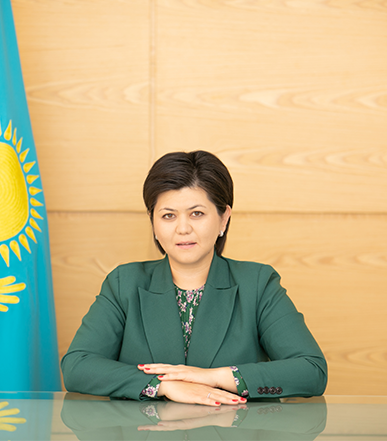
Funding and Economic Impact
The region has received significant climate finance from multilateral development banks (MDBs), with Central Asia obtaining $8.9bn in green finance from 2015 to 2021. Uzbekistan and Kazakhstan have been the primary beneficiaries of this funding.
Policy Changes and Implementation
Central Asian countries are aligning their policies with green ambitions. Kazakhstan's pledge to achieve carbon neutrality by 2060 and Uzbekistan's policy reforms since 2019, including modernizing agriculture and expanding renewable energy use, are prime examples.
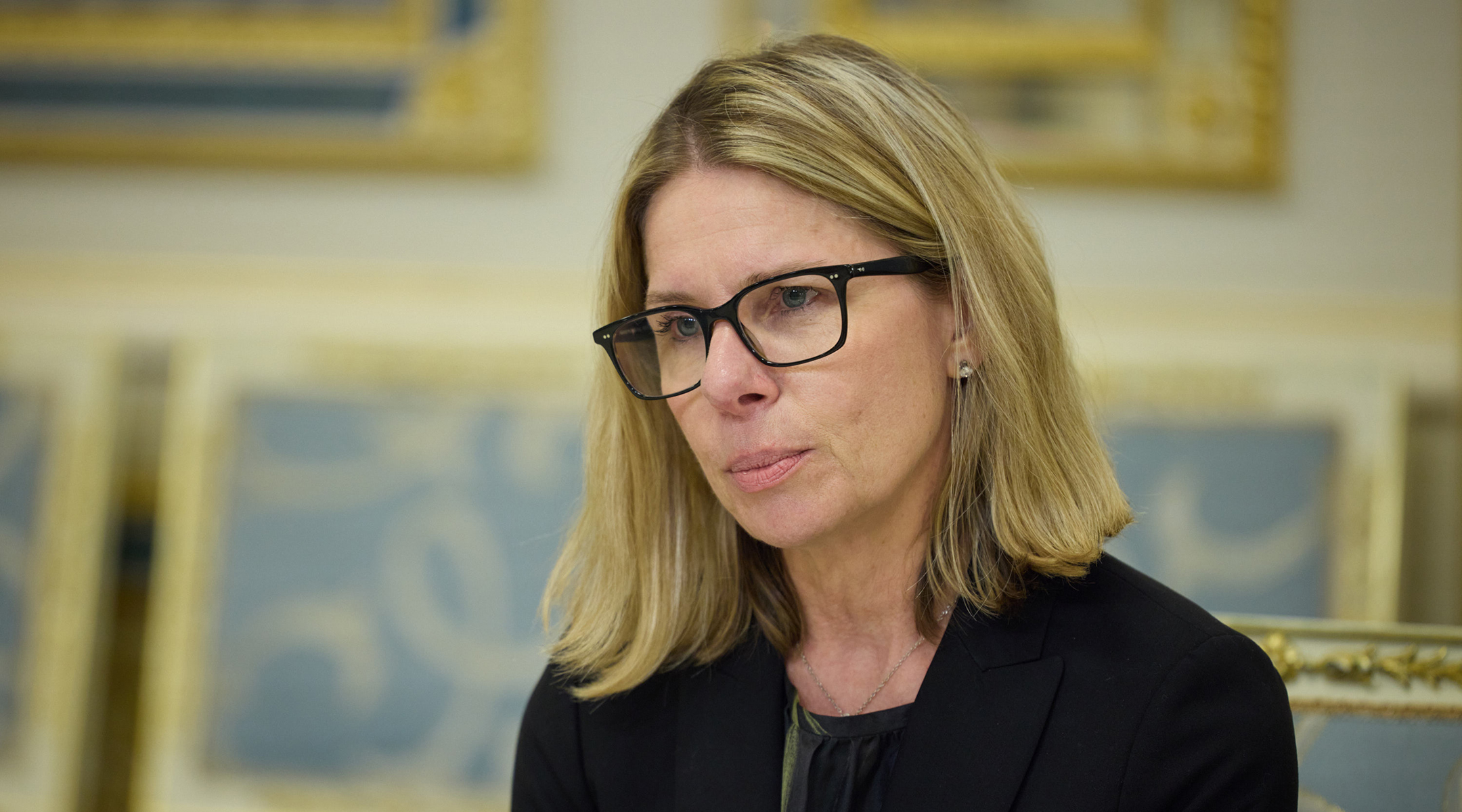
Statements from Key Figures
Anna Bjerde, World Bank Vice President for Europe and Central Asia, emphasized the region's vulnerability to climate change and the importance of a resilient recovery. She highlighted the World Bank's commitment to supporting Central Asian countries in building a sustainable, inclusive, and resilient future.
"The Central Asia region has been hit hard by the pandemic... As such, governments in the region are tackling significant challenges and I reiterated the World Bank’s commitment to providing them with rapid support to help protect lives and livelihoods, including through their vaccination efforts while also continuing to support their medium-term reform agendas," Anna Bjerde.
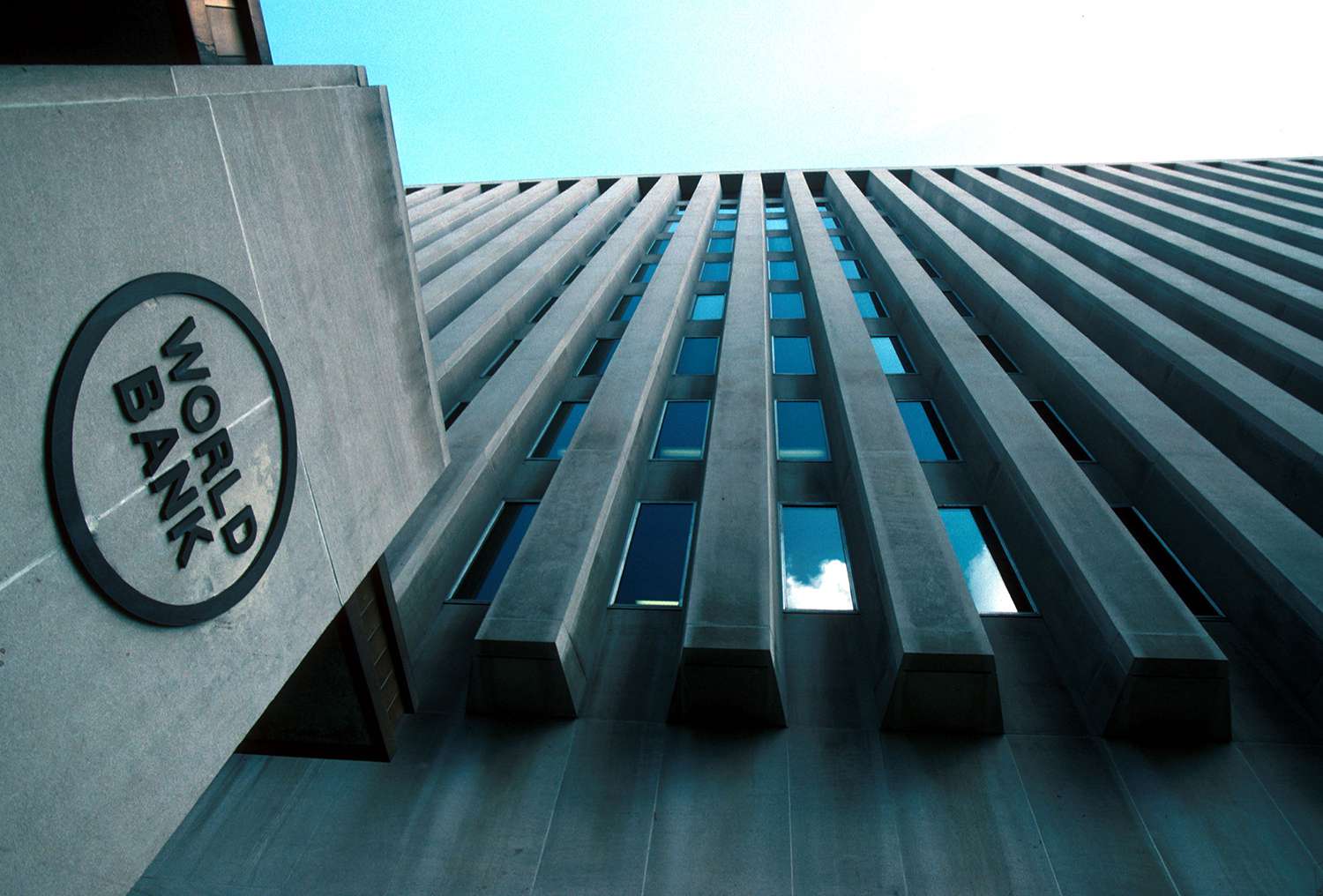
The World Bank has committed to ensuring that over the next five years, 35% of its global financing will deliver climate co-benefits. In Central Asia, this translates into investments that facilitate a green, climate-smart economic transition. For example, in Kazakhstan, this includes ensuring the environmental sustainability of beef production. In the Kyrgyz Republic, it involves improving nutrition and incomes through environmentally friendly agricultural activities. Tajikistan is focusing on rehabilitating the Nurek Hydropower Plant, projected to reduce CO2 emissions by 68 mn tons. Uzbekistan's initiatives include the construction of the country's first large-scale solar power plant, expected to produce 270 GWh of electricity annually and prevent the release of 156,000 tons of CO2 emissions.
Follow Daryo's official Instagram and Twitter pages to keep current on world news.
Comments (0)